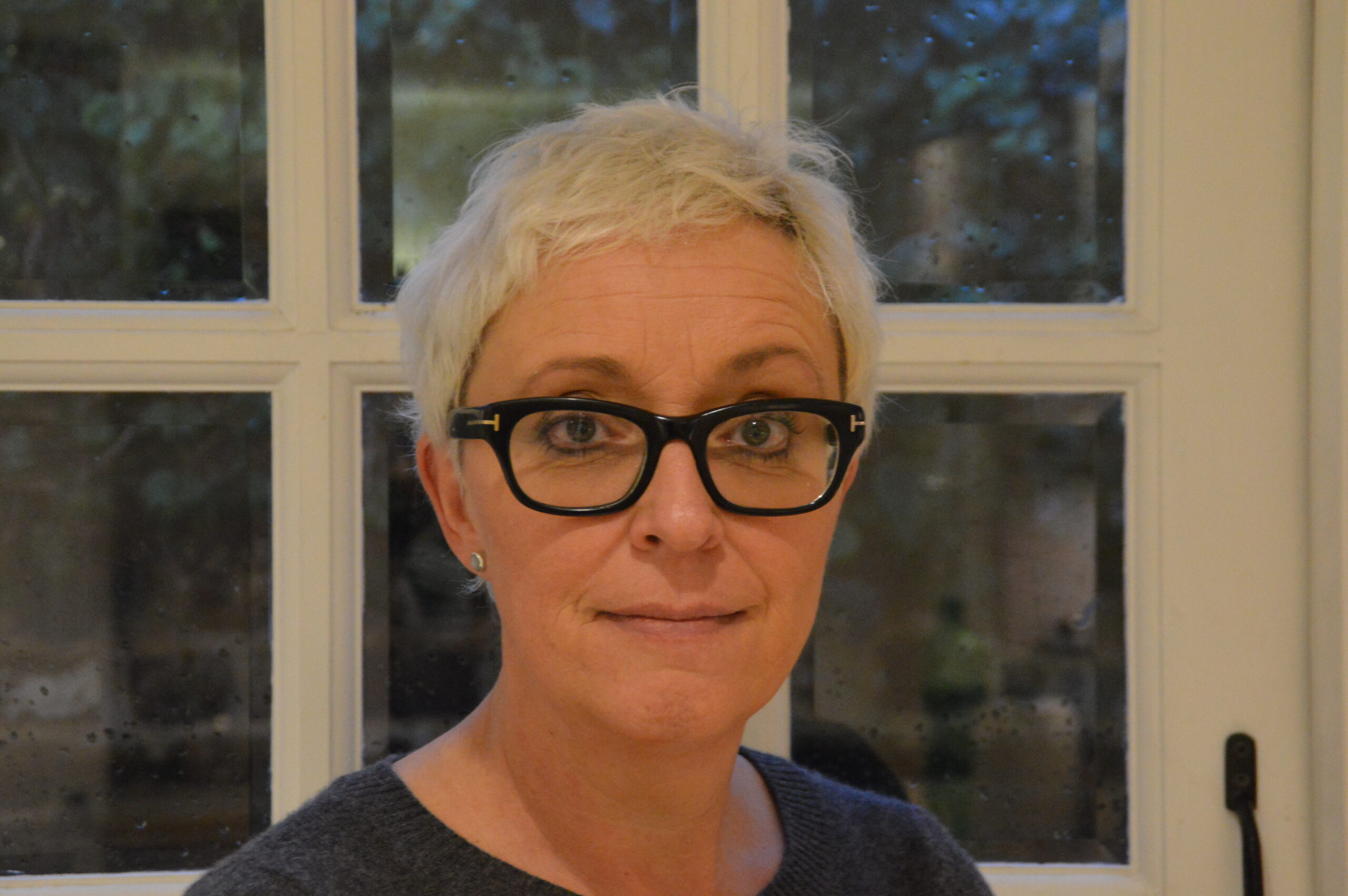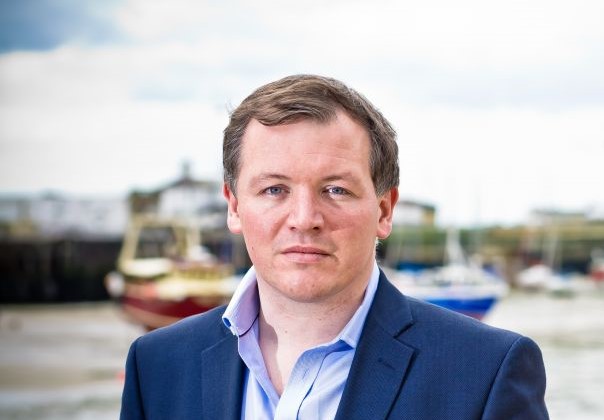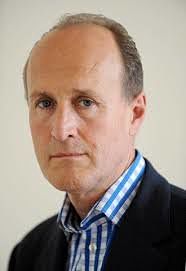
As the BBC considers whether it should fund free TV licences for households which include someone aged 75 or above VLV’s Policy Advisor, Sophie Chalk, sets out VLV’s position.
81% of VLV members who responded to a VLV questionnaire oppose the continuation of free TV licences for households which include someone aged over 75. This is because they oppose the BBC taking on the cost of what they consider to be a welfare benefit. They do not believe that the BBC should decide social policy. They consider BBC to be a broadcaster and not a department of government.
If the BBC takes on the burden of the cost of these free licences its income will be cut by approximately £750 million, 20% of its budget, and in time this will rise because the UK has an ageing population. This will completely undermine the BBC’s ability to deliver the services it currently provides. It won’t be a matter of efficiency savings or which services to trim; whole services are going to have to be cut.
A BBC consultation on free age related TV licences closed in February and now the BBC board will consider what to do. There are a range of options from the most severe, to stop the concession completely, to the least financially damaging, to means test the benefit and raise the age at which it is available.
Many VLV members who completed the questionnaire consider it important that some form of help is provided for the poorest elderly but they do not want the BBC to pay for the cost of this support. The problem is that few want the BBC to reduce its output. Which services should be cut? Radio 4, BBC Two, Radio 3 or CBeebies? If it is to fund the benefit as it stands all of them will have to go.
During the last BBC funding negotiations the BBC agreed this change with the government. The BBC thus finds itself in an unenviable position and this is due to the appalling method by which BBC funding negotiations are conducted – behind closed door discussions with government ministers which are agreed without any public or Parliamentary scrutiny.
VLV would like to see this process of setting BBC funding overhauled.
In the past the BBC may have thought it was able to protect itself from funding raids by the government but the past two rounds of negotiations show that it has failed to do so. The 2010 and 2015 funding agreements have left BBC with a severely reduced budget. If the BBC takes on the cost of the over 75’s licence fee concession as it stands, in 2020/21 its income will be 63% of what it was in 2010 without taking inflation into account, which makes it an even bleaker picture..
Along with the cost of the over 75’s fee the BBC also has to now pay for the BBC World Service (£268m in 2017/18), S4C (£107m in 2017/18), BBC Monitoring (£5.5m in 2017/18), local TV (£4.7m) and contribute to Broadband rollout (£80m in 2017/18). The raids which led to these new financial responsibilities were agreed between former Secretaries of State, Jeremy Hunt and John Whittingdale, and the former Chairs of the BBC Trust, Sir Michael Lyons and Rona Fairhead. These cuts will have far-reaching impacts. As a result of them BBC services will have to be reduced; some services will have to disappear completely.
In representing the interests of citizens in the UK who benefit from BBC services and output, the VLV will be working hard in the coming months to highlight our concerns about how BBC funding is set. Our goal will be to avoid future raids on TV licence income in the next set of negotiations due in 2020 and those in the future.







Follow Us